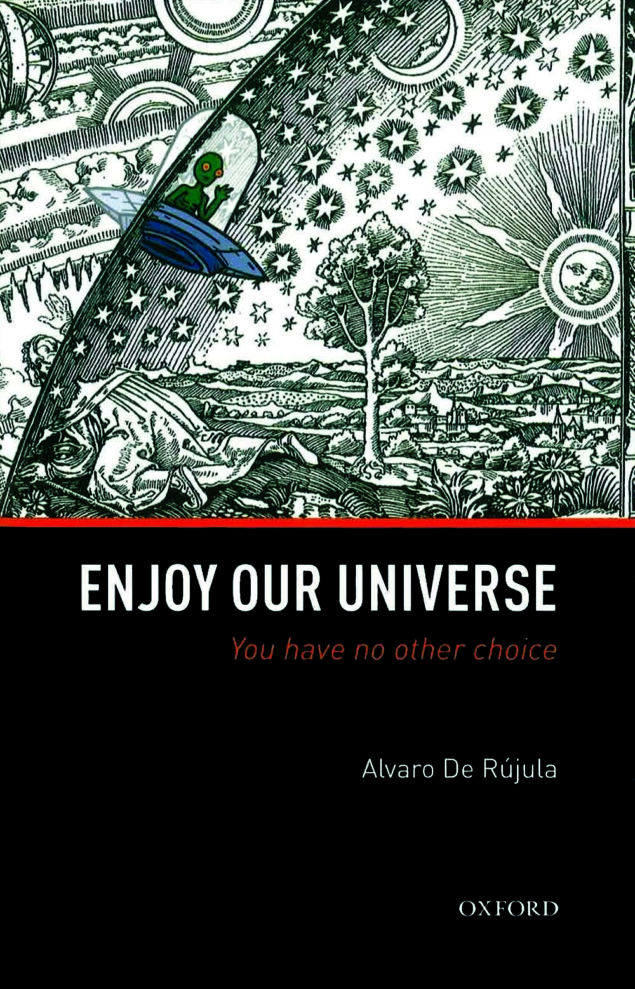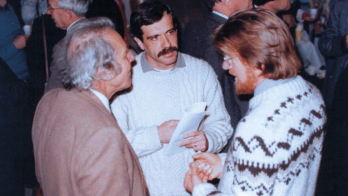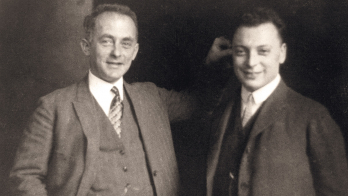Enjoy Our Universe, You Have No Other Choice
By Alvaro De Rújula
Oxford University Press

Scientific essays well suited to the interested layperson are notoriously difficult to write. It is then not surprising that various popular books, articles and internet sites recycle similar analogies – or even entire discussions – to explain scientific concepts with the same standardised, though very polished, language. CERN theorist Alvaro De Rújula recently challenged this unfortunate and relatively recent trend by proposing a truly original and unconventional essay for agile minds. There are no doubts that this book will be appreciated not only by the public but also by undergraduate students, teachers and active scientists.
Enjoy our Universe consists of 37 short chapters accounting for the serendipitous evolution of basic science in the last 150 years, roughly starting with the Faraday–Maxwell unification and concluding with the discovery of the Higgs boson and of gravitational waves. While going through the “fun” of our universe, the author describes the conceptual and empirical triumphs of classical and quantum field theories without indulging in excessive historic or technical details. Those who had the chance to attend lectures or talks given by De Rujula will recognise the “parentheses” (i.e. swift digressions) that he literally opens and closes in his presentations with gigantic brackets on the slides. A rather original glossary is included at the end of the text for the benefit of general readers.
This book is also a collection of opinions, reminiscences and healthy provocations of an active scientist whose contributions undeniably shaped the current paradigm of fundamental interactions. This is a bonus for practitioners of the field (and for curious colleagues), who will often find the essence of long-standing diatribes hidden in a collection of apparently innocent jokes or in the caption of a figure. As the author tries to argue in his introduction, science should always be discussed with that joyful and playful attitude we normally use when talking about sport and other interesting matters not immediately linked to the urgencies of daily life.
One of the most interesting subliminal suggestions of this book is that physics is not a closed logical system. Basic science in general (and physics in particular) can only prosper if the confusion of ideas is tolerated and encouraged, at least within certain reasonable limits.
The text is illustrated with drawings by the author himself and this aspect, among others, brings to mind an imaginative popular essay by George Gamow (Gravity 1962), where the author drew his own illustrations (unfortunately not in colour) with a talent comparable to De Rújula’s. The inspiration in this book is also a reminder of the autobiographical essay of Victor Weisskopf written almost 30 years ago, entitled The Joy of Insight, which echoes the enjoyment of the universe and suggests that the true motivation for basic science is the fun of curiosity: all the rest is irrelevant. So, please, enjoy our universe since you have no other choice!







